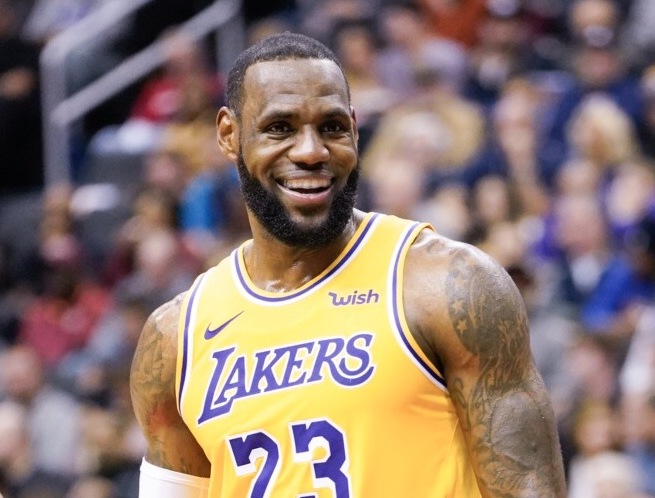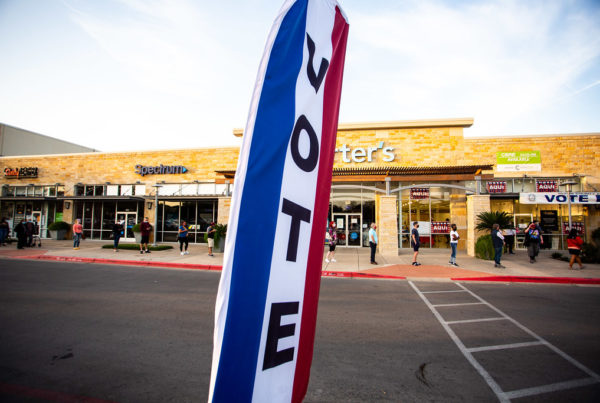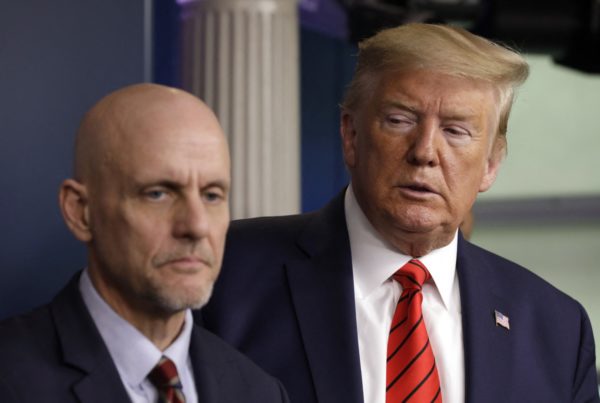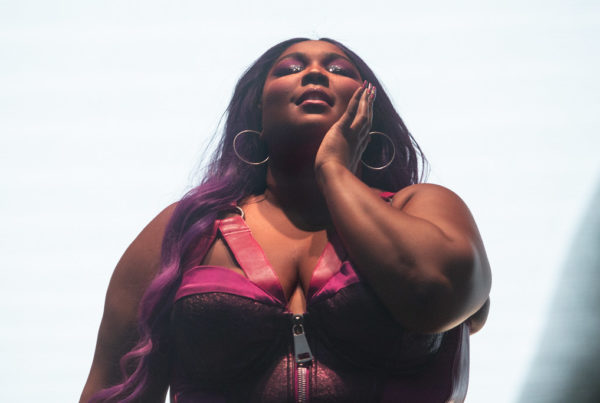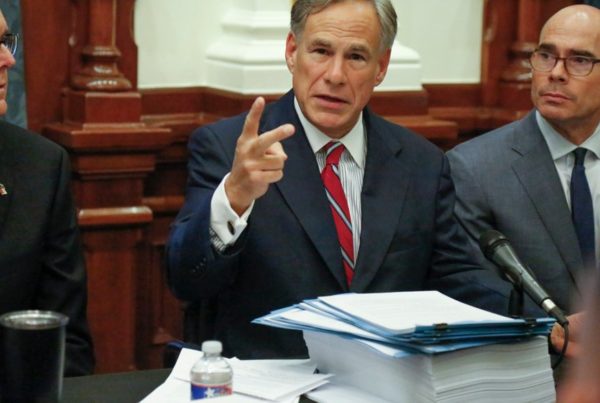On August 26, the Milwaukee Bucks boycotted a scheduled playoff game in protest against the shooting of Jacob Blake in Wisconsin and racial injustice that had received increasing attention after the May 25 murder of George Floyd. The actions by one team turned into a league-wide boycott and players debated whether the playoffs should continue. LeBron James, the NBA’s biggest star and the most outspoken and eloquent athlete of his generation on matters of racial justice and equity, helped to lead a compromise. Playoffs would continue, players would be allowed to wear t-shirts and emblems expressing their support for Black Lives Matter and social justice causes, and the league would donate money to social justice organizations and turn NBA arenas into polling places for the upcoming election.
James’ outspoken words in support of social justice are connected to important deeds, including leading an effort to attract more than 10,000 volunteers to serve as poll workers in November.
James’ fourth championship now places him in the pantheon of the sport alongside of Michael Jordan, considered by many to be the greatest basketball player of all time. While Jordan famously eschewed choosing political sides during his 1990s heyday, James has confidently worn the struggle for Black dignity and citizenship as a right of passage.
With the ratings for the NBA playoffs down this season, no less than the president has weighed in on the proceedings, calling James a “hater” whose thirst for equality has turned off MAGA loving fans.
In many ways James and the NBA represent the anti-Trump. The league’s decision, supported by players, to encase all teams in an Orlando, Florida bubble that followed stringent safety guidelines proved a stunning success. In contrast to the NFL, which has been forced to postpone games and shut down certain team facilities due to outbreaks. The NBA and its players partnered with local communities to reimagine public safety, promote voting rights, and build thriving communities for all, while paying special attention to the truly disadvantaged. LeBron James’ leadership on these issues has been unsurpassed. From founding a charter school for young people in his hometown of Akron, Ohio to leading by example by forcefully supporting Black Lives Matter, speaking out against police brutality, and creating a brand empire that is Black-owned, James has emerged as the athletic superstar that America might not deserve but so desperately needs.
If James’ personal sincerity can be gauged by his profound love for the game, it is his political integrity in a sports world that, despite being based on Black talent, is still ruled by White wealth, that has been so astounding to witness.
LeBron James, a Black Lives Matter-supporting athlete unafraid to discuss the need to end systemic racism while celebrating winning his fourth championship.
Yet his most important legacy is the one that is shaping up off the court.
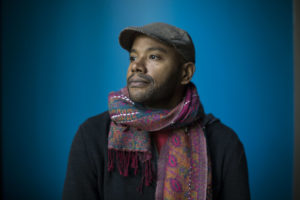
Dr. Peniel Joseph, a professor at UT-Austin. Photo by Gabriel C. Pérez/KUT
James’ commitment to voting rights, educational excellence, and anti-racism makes him much more than an NBA champion, Finals MVP, and otherworldly celebrity. King James, the Akron, Ohio basketball wunderkind turned social justice icon perfectly represents the tumult and opportunity of this historic moment. Because of LeBron James, Black athletes have the knowledge, consciousness, and integrity to understand that, without their talent, the NBA could not exist and that justice is what public expressions of love, at their best, look like. In that sense, LeBron James’ latest triumph is a victory for freedom-loving people everywhere.
Peniel Joseph, Ph.D., is the Barbara Jordan Chair in Ethics and Political Values at the LBJ School of Public Affairs, and professor of history and founding director of the Center for the Study of Race and Democracy at the University of Texas at Austin.


